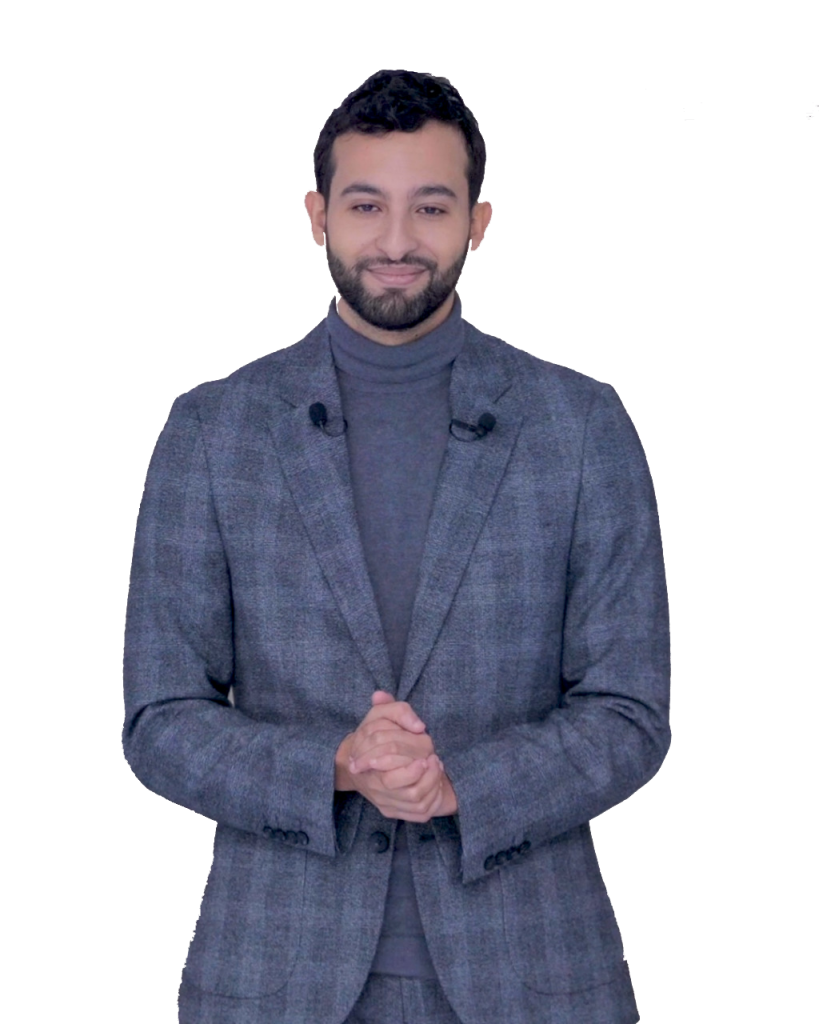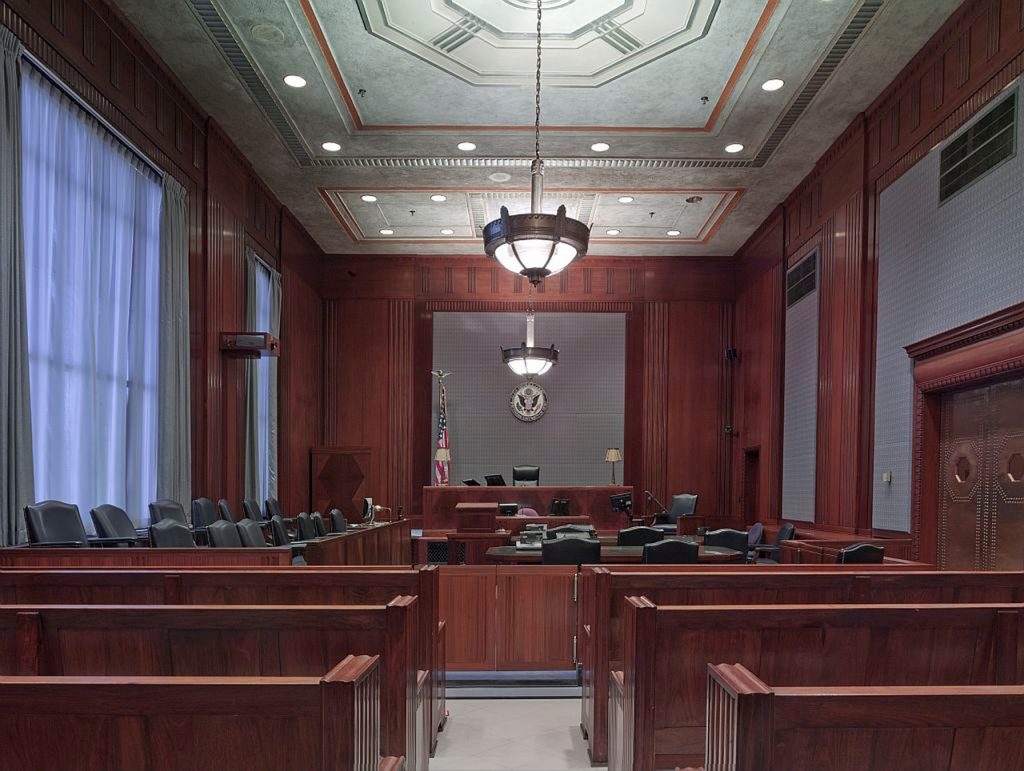Frequently Ask Questions

FAQs
VAWA FAQs
Family-Based Petition FAQs
Asylum FAQs
H-1B Visa FAQs
FAQs
The priority date is the date when your visa petition is filed with USCIS. It’s crucial because it determines your place in the visa queue, especially for visas with annual caps.
Yes, certain criminal charges can affect your immigration status. Serious offenses may lead to deportation or affect future immigration applications.
In many cases, you can change your visa status while in the U.S. by filing an application with USCIS. However, this depends on your current visa type and the visa you are applying for.
Overstaying a visa can lead to severe consequences, including ineligibility for future visas and possible deportation. It’s crucial to adhere to the terms of your visa.
Choosing the correct visa category depends on your purpose of travel, qualifications, and other individual circumstances. Consulting with an immigration attorney can help you determine the most appropriate visa category.
Yes, you may apply for asylum regardless of your current immigration status if you fear returning to your home country due to persecution.
Filing without an attorney can increase the risk of errors, misunderstandings of legal requirements, and ultimately, the chance of application denial.
The U.S. immigration system has specific processes for handling cases of family separation, especially in asylum or refugee situations. Reuniting separated families is a priority, but it can be a complex process.
Traveling while your application is pending can be risky and may affect your application. It’s important to seek advice before leaving the U.S., as it might require obtaining advance parole.
If there’s an error on your immigration document, report it to USCIS as soon as possible for correction. Errors can lead to issues with your immigration status or future applications.
While not mandatory, legal representation is advisable due to the complexity of immigration law. An attorney can guide you through the process, ensuring all requirements are met.
U.S. citizens and permanent residents can sponsor certain family members. The process involves filing a Petition for Alien Relative (Form I-130) and providing proof of the relationship.
VAWA FAQs
VAWA provides legal support to survivors of domestic abuse, irrespective of gender. Eligible individuals include those abused by a U.S. citizen or lawful permanent resident spouse, parent, or adult child.
Evidence includes personal accounts of abuse, medical records, police reports, protection orders, and any relevant communication (emails, messages) documenting the abuse.
No, VAWA covers various abuse forms, including emotional, psychological, sexual, and financial abuse, not just physical violence.
Yes, VAWA is not gender specific. Men who are victims of abuse by a qualifying relative can also apply.
Family-Based Petition FAQs
The time varies depending on the petitioner’s status (U.S. citizen or green card holder) and the current processing times. It generally takes several months to a few years.
Yes, U.S. citizens over 21 can petition for their parents to become permanent residents.
Yes, U.S. citizens over 21 can sponsor their siblings. However, this process can take significantly longer due to annual visa caps.
Yes, they can sponsor adult children. The process varies depending on whether the child is married or unmarried.
Besides immediate family members, U.S. citizens can sponsor married adult children and siblings. Green card holders can sponsor spouses and unmarried children.
The priority date is the date when the petition (Form I-130) is correctly filed. It determines the applicant’s place in the visa queue.
Asylum FAQs
Asylum is granted to individuals who can demonstrate a well-founded fear of persecution in their home country due to their race, religion, nationality, membership in a particular social group, or political opinion.
To apply for asylum, you must file Form I-589, Application for Asylum and for Withholding of Removal, within one year of arriving in the U.S.
You can apply for work authorization 150 days after submitting your asylum application, provided no decision has been made on your case.
If denied, you may be placed in removal proceedings. You can appeal the decision or explore other legal options available to you.
Yes, you can petition to bring your spouse and children under 21 to the U.S. if you’re granted asylum.
There is no fee to apply for asylum in the U.S.
H-1B Visa FAQs
The H-1B visa is a non-immigrant visa allowing U.S. employers to employ foreign workers in specialty occupations that require theoretical or technical expertise.
The job must qualify as a specialty occupation, and the applicant must hold at least a bachelor’s degree or equivalent in the specific field of employment.
The initial H-1B visa may be granted for up to three years and can be extended. The maximum period is generally six years.
Yes, H-1B visa holders can apply for a Green Card, but they must go through the labor certification process (PERM) and meet other requirements.
Yes, there is an annual cap of 65,000 H-1B visas, with an additional 20,000 for individuals who have earned a master’s degree or higher from a U.S. institution.
Spouses and unmarried children under 21 can apply for H-4 visas to accompany the H-1B Visa Holder.


